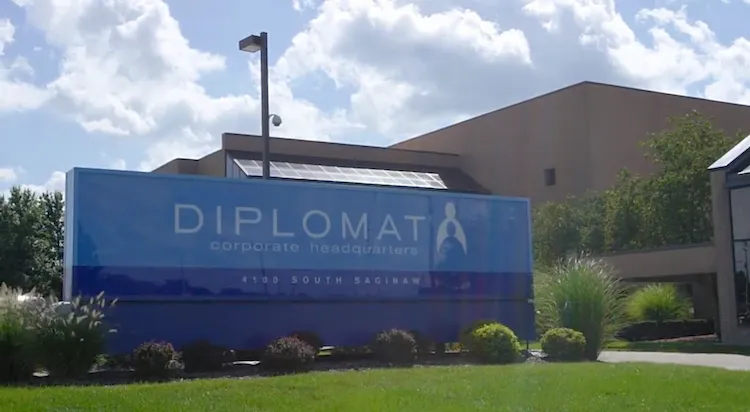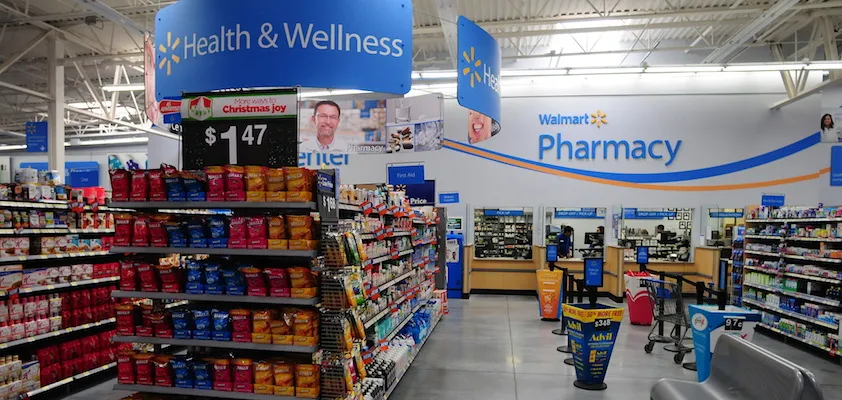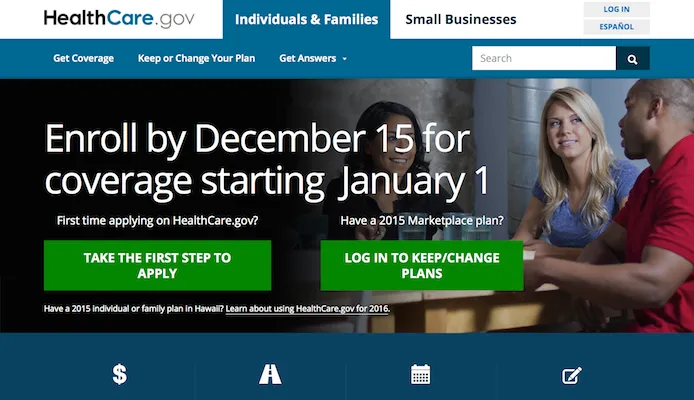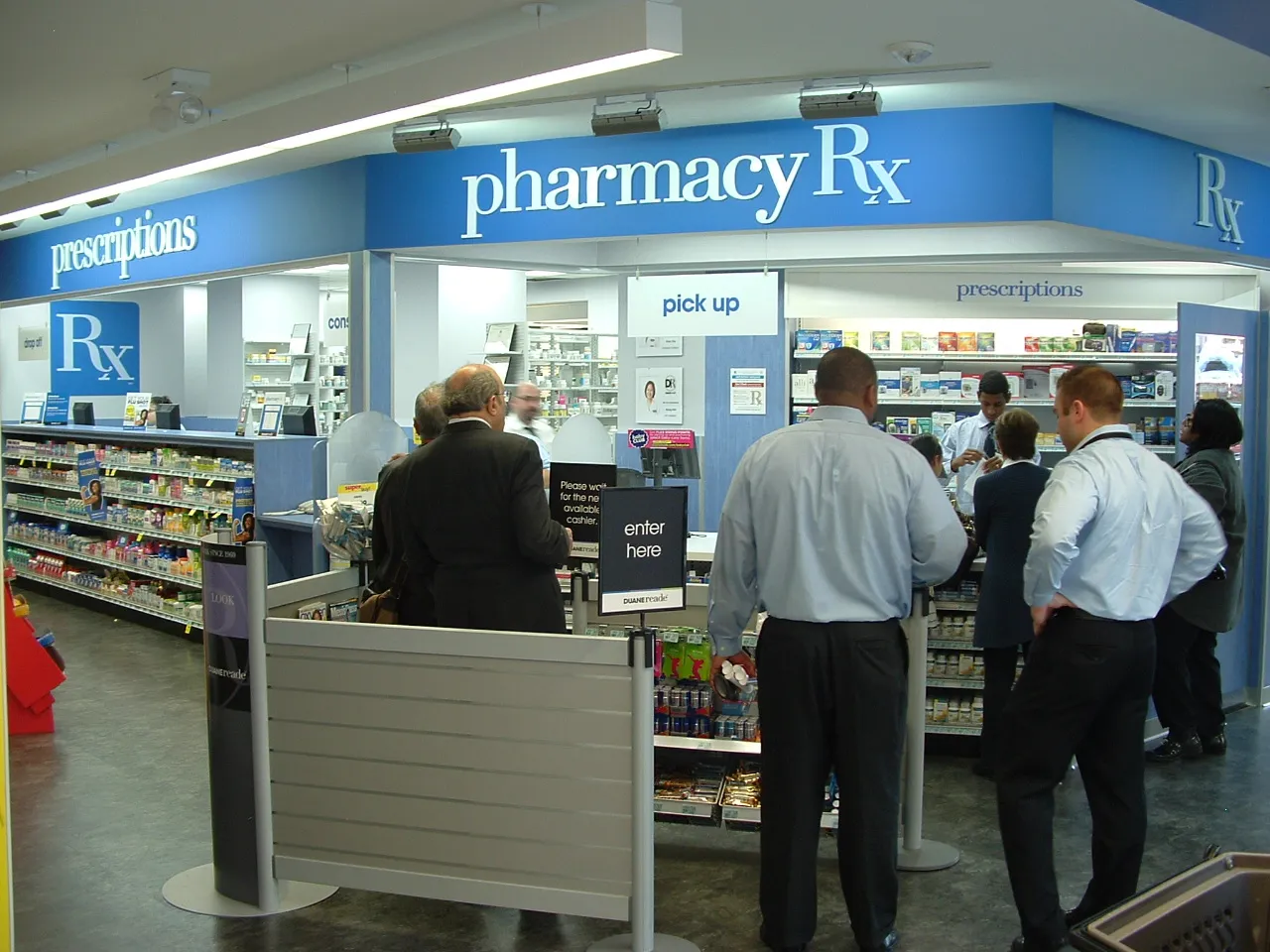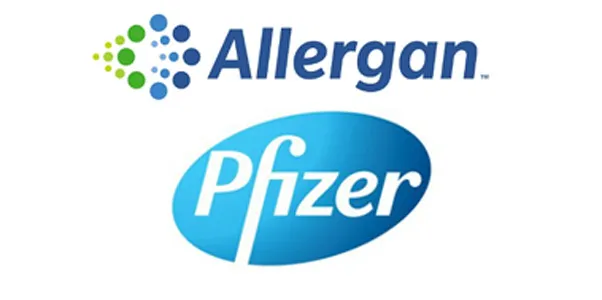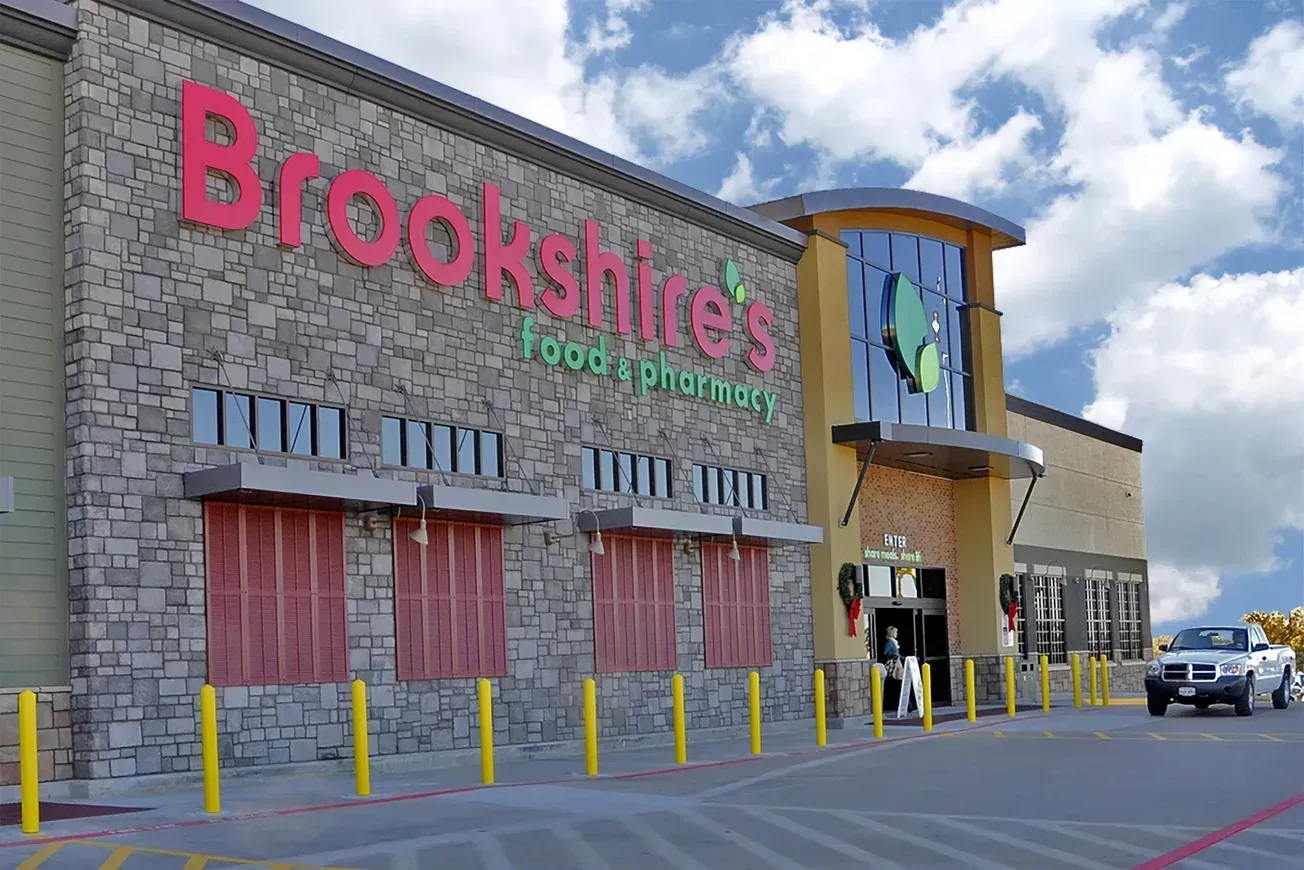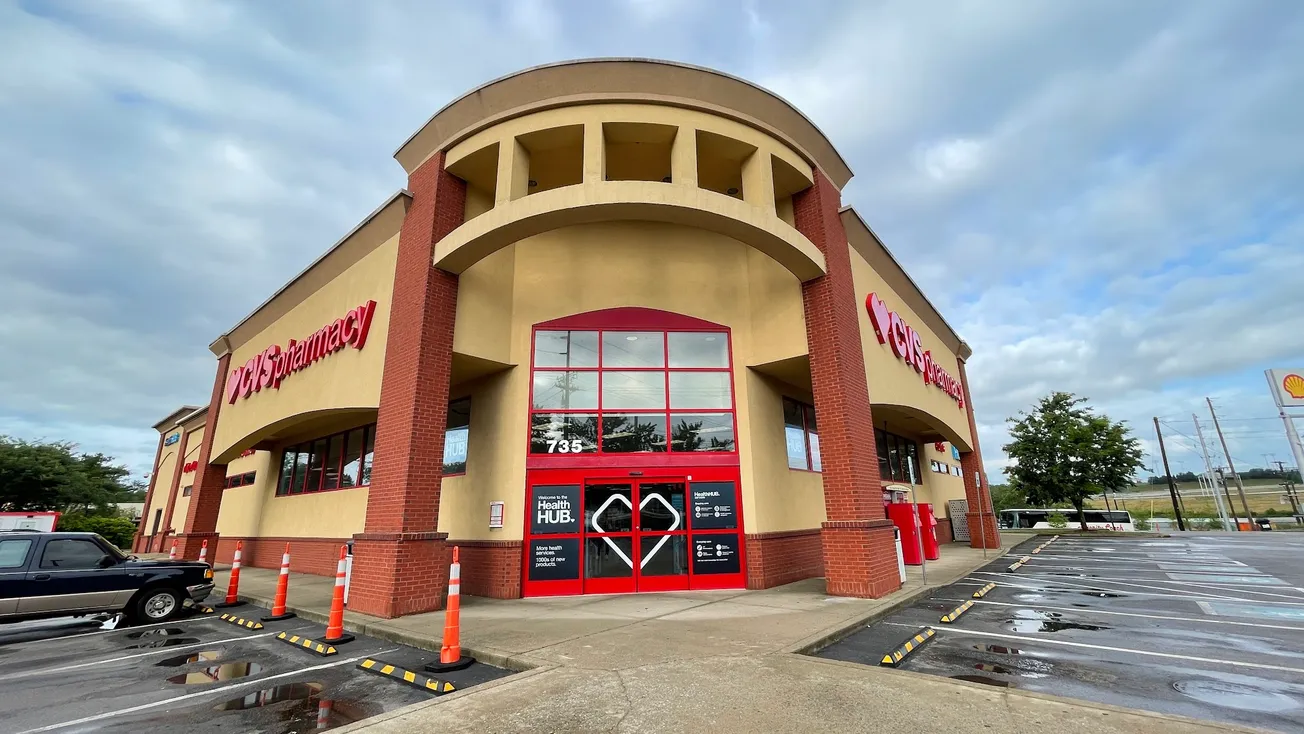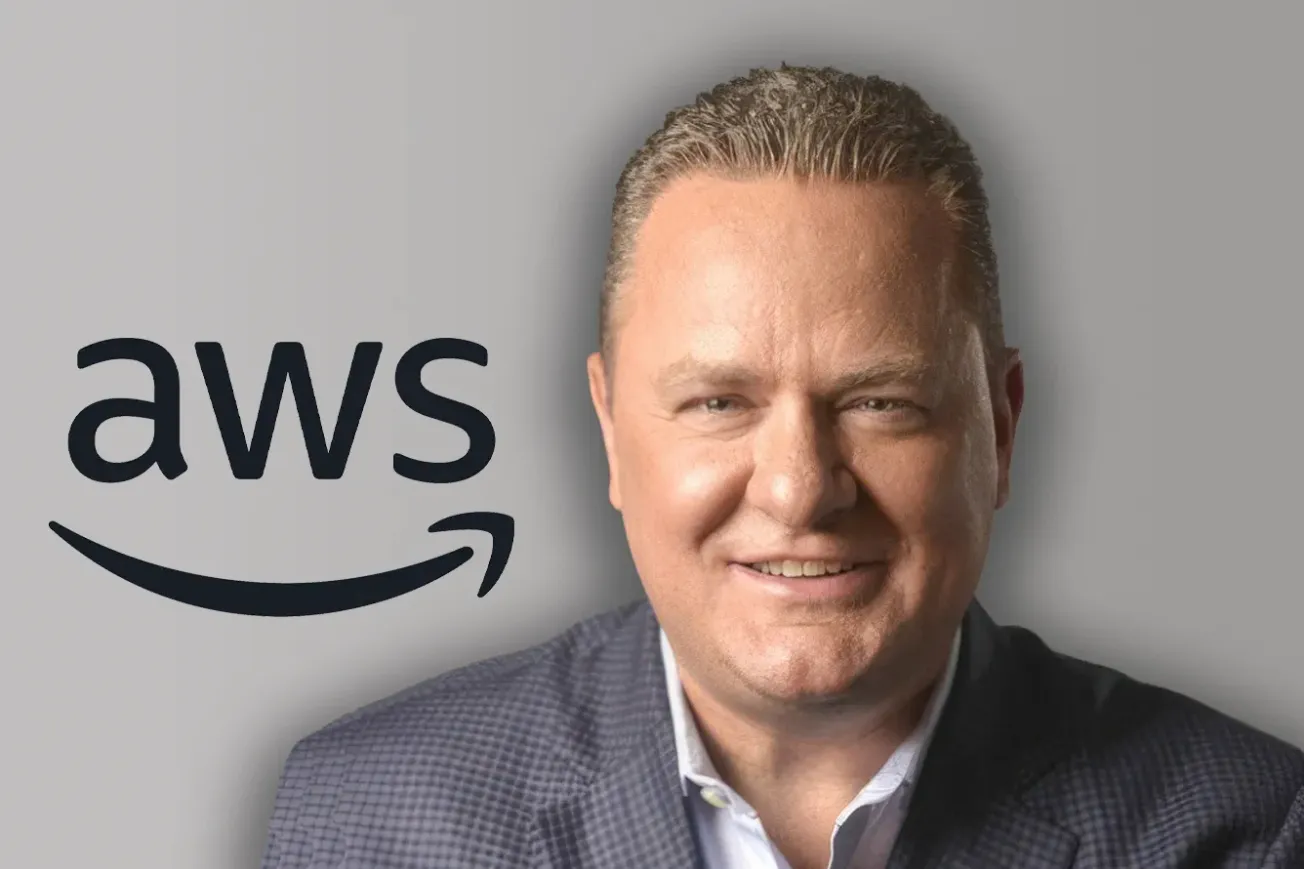FLINT, Mich. — Diplomat Pharmacy Inc. is a growing company in a quickly growing industry.
The specialty pharmacy provider has made the most of its independence, says chairman and chief executive officer Phil Hagerman, and continues to do so after last year’s initial public offering.
Even though Diplomat has become publicly traded, “we absolutely still believe that we’re an independent specialty pharmacy — meaning we’re independent of outside pressures from chain pharmacies, wholesalers or PBM ownership,” he says. “We believe that independence, that chance to be solely focused on specialty, is a competitive advantage for us.”
“We saw the IPO as a little bit of a rebranding opportunity,” the CEO says. “We’d always been kind of a quiet, behind-the-scenes company with our head down. One of the reasons we decided to go public was we felt that it was time for us to step out into the spotlight. The IPO was a chance to do that.”
Boosting the attention generated by the offering has been Diplomat’s performance — 63% compound annual growth from 2005 to 2014. The attention and the performance have been mutually beneficial, Hagerman says.
While the main incentive was to position Diplomat for continued growth in the marketplace, newfound access to capital via the IPO has fostered acquisitions. This year Diplomat purchased Burman’s Specialty Pharmacy and BioRx LLC.
Demand for services for limited-distribution drugs has also driven Diplomat’s business. “That’s an area where I think the retailers have some of the biggest challenges and the biggest opportunities,” Hagerman says. “If they can find a solution for the limited-distribution drugs that they can’t get and they make sure the doctor is satisfied with that solution, that opens a door for them to dispense all the other drugs that the doctor is looking for at specialty.”
Phil Hagerman
Exemplifying the challenges of limited-distribution drugs are Imbruvica, which is available only through five specialty pharmacies in the country (including Diplomat), and Revlimid, which is available at closer to 30 pharmacies. For both drugs, the independent retailer needs a partner for access.
Retailers are recognizing that they need to find access to limited-distribution drugs to make sure they maintain their status with doctors, says Hagerman. “If the retailer wants to be a relevant partner to the local physician, he’s got to be able to dispense all specialty prescriptions received — with services tied to them. He also has to close the loop around the drugs he can’t get. If he can only do half of that, then he’s not going to successfully sustain a relationship with that local doctor.”
The trend toward limited distribution has been well received by manufacturers, adds Hagerman, in part because limited distribution is not a one-size-fits-all proposition. Different manufacturers are going to create different types of limited-distribution models, determined by the size of the patient population and the complexity of the drug.
As a player in the limited-distribution space, Diplomat can ensure that its retail partners have their patients and doctors taken care of by a business partner in a nonpredatory manner.
When it comes to the future of specialty pharmacy, Hagerman is optimistic about the increasing likelihood for health plan coverage through pharmacy benefits as opposed to medical benefits. Thus far, plans have been slow at shifting coverage from the medical to the pharmacy benefit, but site-of-care transition may be changing that. Site-of-care transitions services such as infusion from a hospital or infusion suite (a medical benefit) to providing patient care in the home (a pharmacy benefit), which offers efficiency and patient satisfaction. “As such, this whole idea of site-of-care transition is of interest right now,” he says. “And companies like Diplomat, with our specialty infusion division, can be supportive of that.”
At the same time, there will still be an important role for specialty pharmacies to play on the medical benefits side, Hagerman says. “We have to be willing to bill on the medical benefits side, despite the challenges. Reimbursement takes longer, and it’s more complex. There are sometimes barriers on the medical side that don’t exist on the pharmacy side.”
The site-of-care transition also presents an opportunity for specialty pharmacy to bring more value to data capture. “We do a lot of things right now to reduce the total cost of care,” Hagerman remarks. “But, as an industry, we’ve not done a very good job of validating it. For example, our clinical pharmacists might determine that a patient’s viral response has met a point where they don’t need to continue on therapy, yet the doctor might renew the prescription. And in the old days if the doctor did a renewal on the prescription, it got filled again.
“Clinically, as our people take a look at lab values we can say, ‘Wait a minute, this patient should have reached that cure threshold; she shouldn’t have to have a prescription refilled.’ And if we can reduce a $30,000 prescription from being filled one extra time, that’s a tremendous savings.”
In the meantime, Diplomat continues to broaden its horizons through acquisition. Burman’s, for example, has provided more focus on hepatitis C. “We think Diplomat’s in a great position right now,” says Hagerman. “We’re going to continue to be an organic growth story. But we do believe that there are opportunities out there for us with companies like Burman’s.
“Our goal as a specialty pharmacy is not to buy companies just to get bigger, but to buy companies that make us better. Burman’s had a unique service model around hepatitis C, and they make us better.”
Likewise, buying BioRx “absolutely made us better in the specialty infusion space,” he adds.
Hagerman cofounded Diplomat with his father, Dale, in 1975. In 2005 the company opened a Grand Rapids, Mich., location to expand the scope of its specialty pharmacy business from a small, regional operation to capture a greater share of Michigan. A few months later it launched a distribution center in Cleveland to expand the business nationally.
In July 2007, Diplomat opened the doors to a retail pharmacy in Fort Lauderdale, Fla.
Two years later, it rolled out its pilot of the Retail Specialty Network program, providing back-end customized services for dispensing and limited-distribution drug support, care coordination, with proactive intake, refills and renewals and timely communication, reporting, collaboration and training.
The following year brought the launch of Diplomat University, an education and training department that educates both Diplomat employees and external professionals (including pharmacists, payors, pharmaceutical partners and physicians) on topics unique to the specialty pharmacy industry.
Also in 2010, the company moved its corporate headquarters to a 550,000-square-foot facility in Flint, which houses the national distribution center, PAP pharmacy, national compounding laboratory, call center and patient assistance services.
*To read the full special report on Diplomat Pharmacy, please see the Aug. 10, 2015, print edition of Chain Drug Review.

